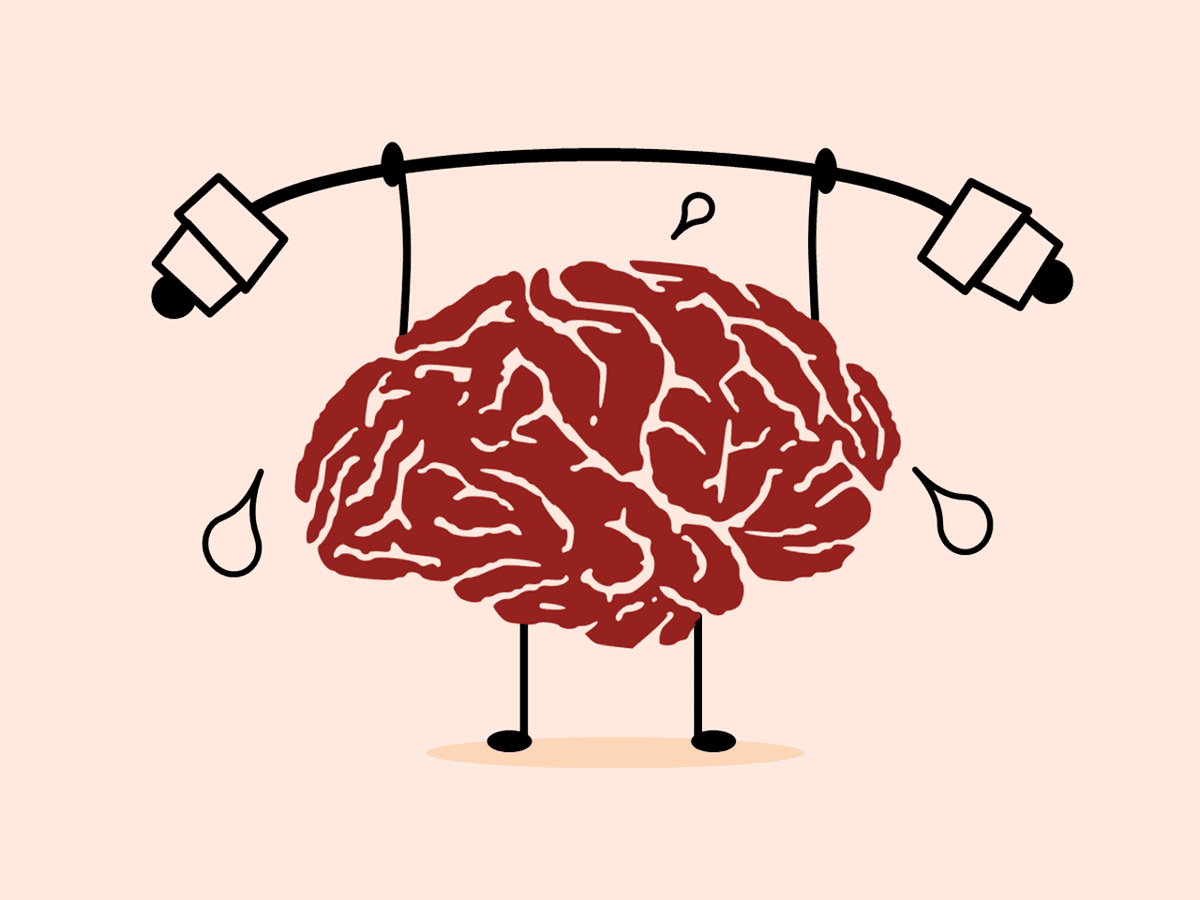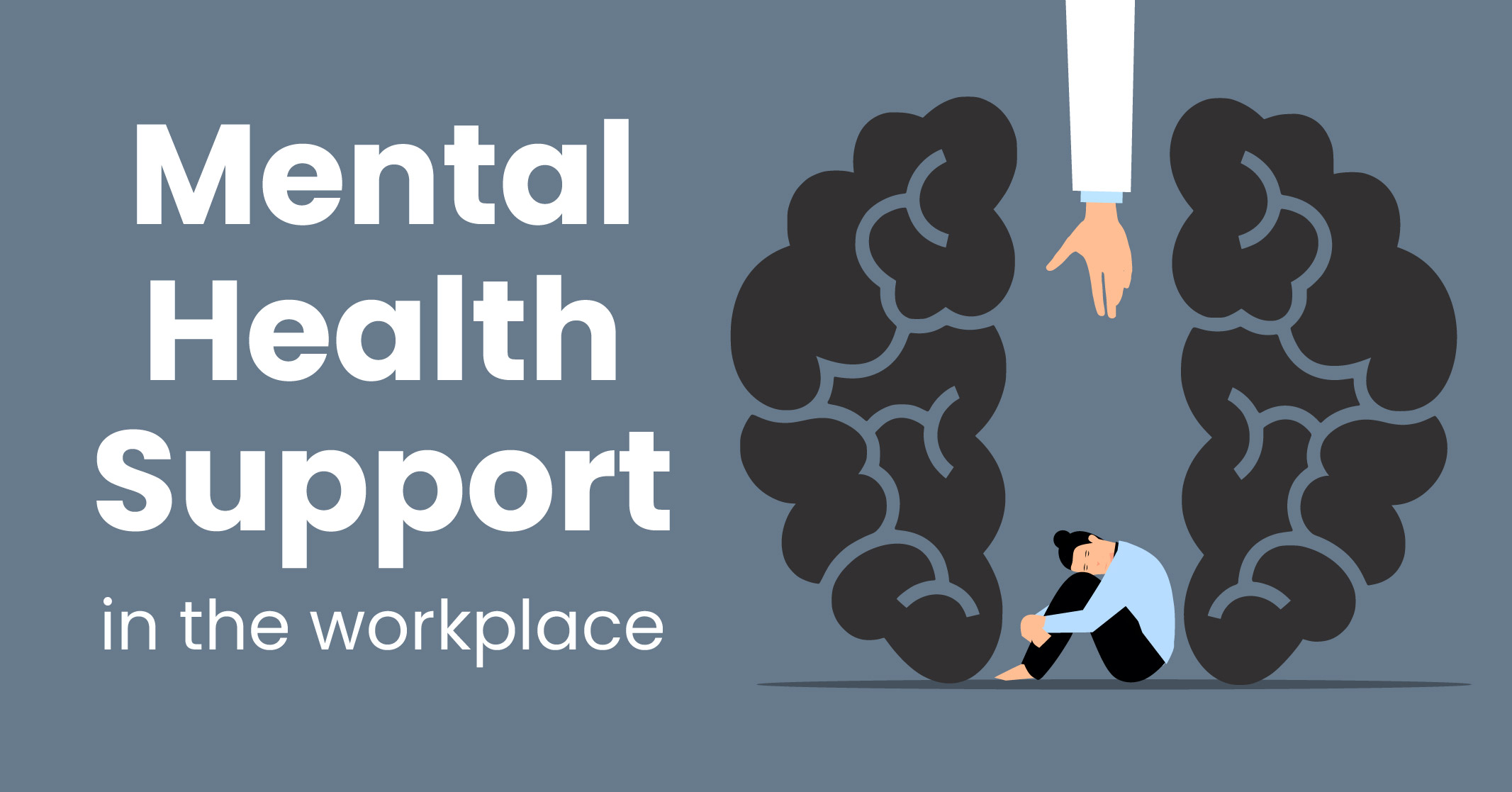Comprehensive Inpatient Mental Health And Wellness Services for Effective Treatment
Inpatient mental health services represent an essential component of the health care system, providing a intensive and structured setting for individuals experiencing serious psychological distress. These solutions use a multidisciplinary technique, incorporating various evidence-based therapies to resolve the complex requirements of individuals. The efficiency of such detailed treatment expands past immediate stabilization; it additionally encompasses the shift to outpatient assistance, a vital phase commonly ignored - inpatient mental health treatment. Checking out the subtleties of this continuum discloses considerable implications for both individual recuperation and broader psychological health outcomes. What factors genuinely influence this transition, and how can we boost its performance?
Understanding Inpatient Mental Health Solutions
Inpatient mental wellness services offer vital assistance for people experiencing severe emotional distress that can not be handled effectively in an outpatient setup. These services are developed to offer an extensive degree of care in a structured environment, usually within a hospital or specialized facility. People admitted to inpatient programs typically display acute symptoms, such as self-destructive ideation, severe clinical depression, or psychosis, demanding round-the-clock surveillance and intervention.
The admission process generally includes a thorough assessment by psychological wellness experts, that examine the person's psychological state, background, and prompt requirements. As soon as admitted, people participate in a selection of healing modalities customized to their specific requirements, including medicine administration, individual treatment, and team sessions. This holistic strategy intends to support the client's problem, promote security, and foster coping abilities.
Inpatient mental wellness services not just address prompt wellness problems but additionally work as a bridge to continuous care. By supplying a controlled setting, these services promote the development of treatment strategies that can be continued in outpatient setups, therefore making certain a continuum of care and boosting long-term outcomes for people with complex mental wellness needs.
Secret Components of Effective Treatment
Effective treatment in inpatient mental wellness solutions makes up several crucial parts that foster recovery and stablizing. A thorough evaluation is essential to recognize the individual's specific demands and challenges. This assessment educates the growth of a tailored therapy plan, which serves as a roadmap for intervention.
An additional critical part is the multidisciplinary team approach. Collaboration among psychoanalysts, psychologists, registered nurses, and social employees makes sure that different viewpoints contribute to the client's care, enhancing the performance of therapy. Evidence-based therapeutic modalities, such as cognitive-behavioral treatment (CBT) and dialectical behavior modification (DBT), are also indispensable, offering organized methods that attend to maladaptive idea patterns and behavior issues.

Lastly, an emphasis on aftercare planning is critical to guarantee a smooth transition to outpatient solutions, decreasing the threat of relapse and advertising lasting health. These collective components develop an effective treatment structure within inpatient psychological health and wellness solutions.
Advantages of Comprehensive Care

Thorough treatment in inpatient psychological health and wellness services offers countless benefits that significantly boost individual outcomes. Among the key benefits is the holistic technique to treatment, addressing not just the mental symptoms yet likewise the physical, social, and psychological requirements of patients. This extensive analysis enables tailored interventions that advertise general well-being.
Another advantage is the combination of multidisciplinary groups, which cultivates cooperation among medical care professionals. This joint environment makes certain that individuals receive coordinated care, minimizing the threat of fragmented treatment and enhancing interaction among caregivers. Furthermore, extensive care facilitates connection of services, permitting seamless transitions from inpatient to outpatient setups, which is critical for lasting healing.

Last but not least, the organized environment of detailed inpatient treatment gives a risk-free area for patients to take part in therapeutic activities, aiding them create coping strategies and strength. Jointly, these benefits contribute to much more efficient therapy and boosted high quality of life for individuals experiencing mental health and wellness crises.
Evidence-Based Therapeutic Approaches
In the realm of psychological health and wellness treatment, evidence-based therapeutic methods play a crucial function in guaranteeing that patients obtain reliable and clinically supported interventions. These methods incorporate the most effective readily available research with scientific proficiency and client worths, cultivating a tailored therapy experience that addresses private demands.
Cognitive Behavior Modification (CBT) is one of the most extensively acknowledged evidence-based methods, concentrating on determining and changing negative thought patterns and habits. This structured method has actually shown efficacy in dealing with conditions such as ptsd, anxiety, and stress and anxiety. Similarly, Dialectical Actions Therapy (DBT) is particularly reliable for individuals with borderline personality condition, highlighting the growth of emotional policy and interpersonal effectiveness skills.
In addition, medicine administration is often an essential component of evidence-based treatment, as psychotropic medications can ease signs and symptoms and boost total functioning. Collective treatment models, which include multidisciplinary teams, further boost the efficiency of inpatient services by making sure thorough examinations and continuous monitoring.
Ultimately, the integration of evidence-based healing approaches not only promotes positive clinical results but additionally empowers people, fostering a sense of company and strength in their psychological health journeys.
Transitioning to Outpatient Support
The change from inpatient mental health and wellness services to outpatient assistance marks an essential stage in an individual's recovery journey. This duration calls for cautious preparation and control to make sure continuity of treatment and to alleviate the threats of relapse or situation. Reliable discharge planning ought to start early in look these up the inpatient remain, entailing a multidisciplinary group that includes psychoanalysts, psychologists, nurses, and social employees.
Key aspects of an effective transition consist of the advancement of a detailed aftercare strategy customized to the individual's certain needs. This strategy must detail follow-up appointments, drug management, and restorative treatments, as well as recognize community sources and support teams that can help with continuous recovery.
Furthermore, person and household education and learning is important throughout this stage. Understanding the indicators web of possible troubles and the relevance of adhering to therapy can empower patients and their support systems.
Regular follow-up and review of the outpatient plan are crucial to deal with evolving difficulties. By fostering a collaborative relationship in between inpatient and outpatient providers, the possibility of sustained recuperation increases, ultimately boosting the individual's top quality of life and lowering the threat of readmission.

Conclusion
In summary, comprehensive inpatient mental health services provide an important structure for attending to serious psychological distress through a multidisciplinary approach. By integrating evidence-based treatments, fostering an organized environment, and advertising family members involvement, these solutions boost therapy efficiency. The focus on security and the advancement of coping abilities not only help in prompt recuperation yet additionally promotes a smoother change to outpatient treatment. Eventually, such detailed care is crucial for long-term mental health and health.
The admission process generally includes an extensive assessment by mental health professionals, that examine the person's psychological state, history, and immediate requirements.Reliable treatment in inpatient mental health services makes up numerous key components that promote healing and stablizing.Extensive treatment in inpatient mental wellness services provides many benefits that substantially boost person end results.The transition from inpatient psychological health and wellness services to outpatient support notes a vital stage in a person's recuperation trip.In recap, thorough inpatient mental health and wellness solutions provide an essential structure for resolving extreme mental distress via a pop over here multidisciplinary approach.